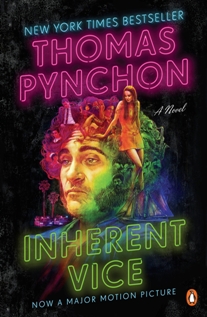The Guardsman

Jon Barker & Victoria Mack in STNJ’s The Guardsman
The Shakespeare Theatre of New Jersey (STNJ) continues its 2015 season—a celebration of Bonnie J. Monte’s 25th season as artistic director—with another play about actors, this one The Guardsman, by Hungarian playwright Ferenc Molnár. In it, a young actor begins to suspect his wife is tiring of him and pretends to be a member of the Royal Guard—he can do wigs and costumes after all—to see whether she’ll be tempted. At the end, it seems he’s learned more about himself than he has about her constancy.
The play has many laugh-out-loud moments as the actor struggles to maintain two personas at the same time. Should he be flattered that the actress seems attracted to the dashing guardsman, or offended? He’s both, alternatingly. Talented company regular Jon Barker conveys every bit of this confusion with his expressive body language. Victoria Mack as his wife plays a more opaque character, and in the talk-back at the end, the audience was divided about whether she saw through his disguise. Brent Harris was excellent as the Critic, who is the foil to both actors’ longings.
The play has been mounted several times in English, and is usually played as romantic farce, but Monte believes its frivolous exterior has obscured darker messages at its heart. To pursue this line of thought, she obtained a new literal translation by the playwright’s great-grandson and used that for her adaptation. She found it has “an extraordinary provocative, ground-breaking, heart-breaking, and disturbing inner core” that provokes gales of laughter at the same time it “questions identity, reality, perception and what it takes to validate our existence.”
Love’s Labour’s Lost
On Sunday, we saw Shakespeare’s Love’s Labour’s Lost, one of his many comedies about romantic confusion, this year’s outdoor stage production by the STNJ. Excellent comedic performances by the entire cast. I had both my sun and rain umbrellas with me, though the threatened rain never materialized. These productions are always a highlight of the summer, and the cast manages not to faint in the heat, despite their elaborate costumes and the play’s lively staging, including running up the stairs of the amphitheater at the College of St. Elizabeth.

Set for the outdoor production of Love’s Labour’s Lost, STNJ
Coming Up Next
Yesterday was the last performance for both these plays, a successful continuance of this anniversary season. Next up: Shaw’s Misalliance, August 5 – 30, in which Shaw “gleefully exposes and dismantles the idiosyncrasies of the British classes and their various ‘family values.’”
Also, some critics believe The Guardsman inspired Harold Pinter’s The Lover, whose similar plot likewise melds comedy and drama and has been played both ways. STNJ will have a reading of The Lover on Monday evening, August 17, to explore those possibilities.


 When this film (
When this film (





